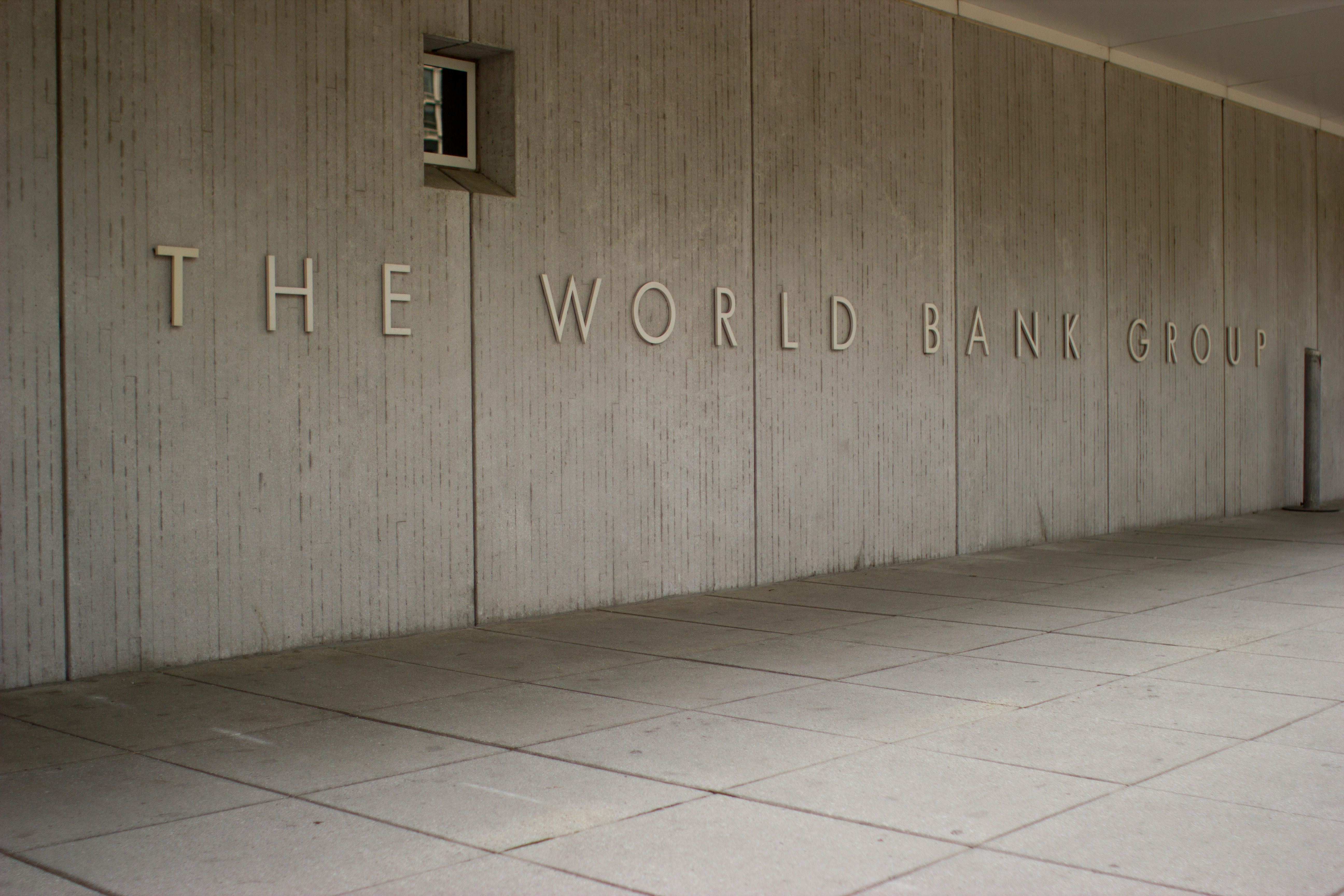New GDP Center Research on IMF Reform, Trade Treaties, and MDB Governance
World finance and development leaders coming to Washington this week for the annual Spring meetings of the IMF and World Bank will find a Washington hostile to multilateralism. Ahead of the meetings, the Global Economic Governance Initiative of Boston University’s Global Development Policy Center releases three new studies that highlight the current crisis in the multilateral system and provide concrete policy recommendations for reform and rejuvenation.
In  a policy brief for the T-20 Task Force on the International Financial Architecture, GDP Center Director Kevin P. Gallagher and Haihong Gao from the Chinese Academy of Social Science’s Institute for World Economics and Politics call for the adequate resourcing of the IMF and for deep reform in governance and programming. They also outline a series of reforms that will help strengthen the effectiveness and legitimacy of the IMF.
a policy brief for the T-20 Task Force on the International Financial Architecture, GDP Center Director Kevin P. Gallagher and Haihong Gao from the Chinese Academy of Social Science’s Institute for World Economics and Politics call for the adequate resourcing of the IMF and for deep reform in governance and programming. They also outline a series of reforms that will help strengthen the effectiveness and legitimacy of the IMF.

For the Inter-Governmental Group of 24 on Monetary Affairs and Development, GDP researchers present a quantitative analysis showing that the vast majority of over 280 international trade and investment treaties restrict the policy space for nations to responsibly regulate cross-border financial flows for stability and development.

GDP Center economist Rebecca Ray analyses the governance of the 28 major Multi-Lateral Development Banks (MDBs) that collectively hold close to $2 trillion in assets. Ray finds traditional creditor-led MDBs give non-borrowing member countries large majorities of the vote on their boards, and have highly unequal distributions of voting power. In contrast, major borrower-led MDBs give borrowers a majority of the vote, but still share vote shares unequally, giving a few core borrowers a majority of the vote. Finally, mutual aid oriented MDBs give majority votes shares to borrowing countries and share vote power equally among all members.

